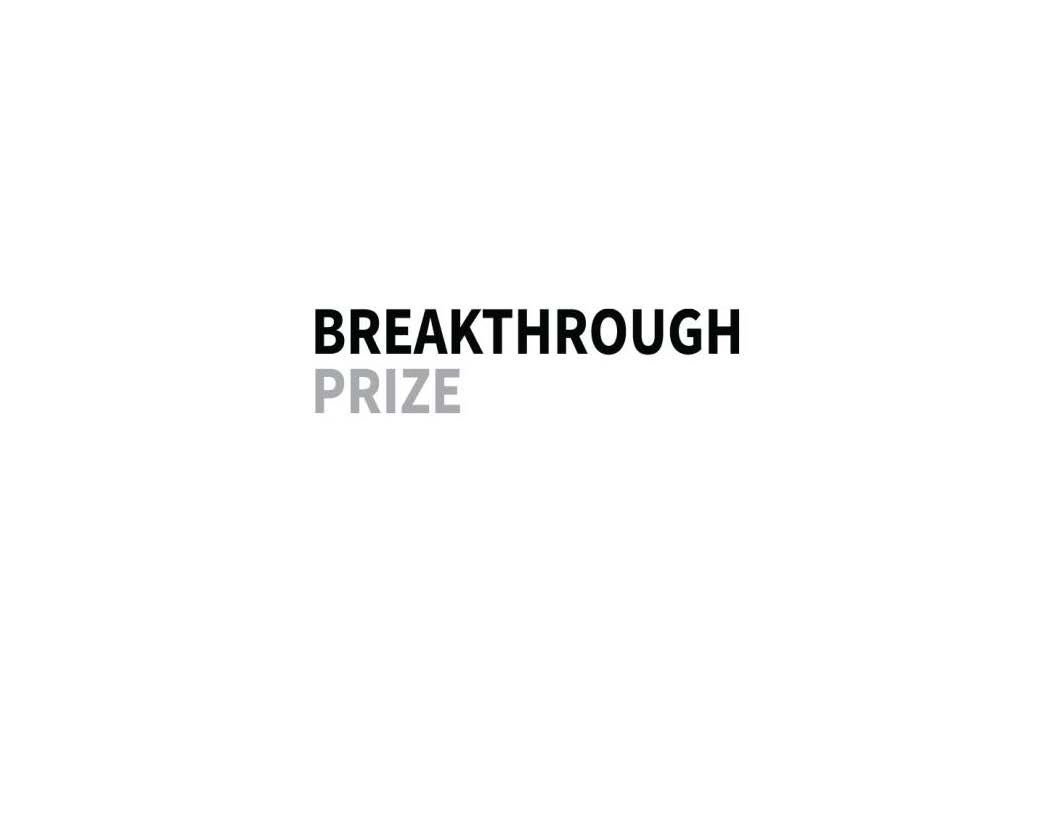Black History Month Spotlight: Interview with Dr. Debra Murray
From the Labs sat with Dr. Debra Murray, assistant professor at Baylor’s Human Genome Sequencing Center. Murray shared her professional journey, from conducting basic science research to developing and managing programs to interest minority students in genomics. She also shared something few people know about her.
How did your professional journey start?
“Debra, turn the light off!” called my mother when as a child I would read late at night under the bed covers with a flashlight. I got in trouble for my love of reading. Books and talking about science with my older brother were exciting things to do while growing up in Palestine, Texas, where there is not a lot of exposure to all possible careers and opportunities in life.

I took all the hard science classes in high school and majored in biology at the University of Texas-Austin, followed by a master’s degree in environmental toxicology from Prairie View A&M University. After five years teaching at Prairie View A&M University, and thanks to the advice of the faculty, I went to Purdue University for my doctorate degree. I did it because I had a growing interest in education and felt I did not have all the knowledge that I needed to help my biology students move forward in their careers.
At Purdue, I completed the doctoral program in cell and molecular biology and conducted research on cell division. After a post doc at Baylor College of Medicine and conducting research at the Dallas Veterans Administration and UT Southwestern, I realized that basic science research was not for me. I did not want to be attached solely to the bench; I felt I was becoming more and more isolated without opportunities to have an impact on others to share my interest in science.
I took a health education position at the National Urban League’s Institute for Opportunity and Equality and moved to DC. I was the national coordinator for a Centers for Disease and Control funded grant dedicated to educating African Americans about diabetes. I designed, developed and managed intervention projects and evaluation plans, managed health staff, established training conferences and coordinated media campaign for “Lift Every Voice.” This project’s focus was to encourage people to better manage their diabetes. I realized that most people don’t take the time to think about what diabetes is doing to their bodies. I thought it was important to get the message across that, if not taken care of, diabetes can pose serious health risks.

I returned to Baylor when I accepted the position to manage the Minority Diversity Program in the Human Genome Sequencing Center. I direct programs to increase underrepresented minorities with Ph.Ds. in genomics. We have had more than 200 participants, and many have pursued other advanced degrees such as M.D.s and master’s programs.
I am also co-director of the office of community engagement and diversity in molecular human genetics at Baylor. My role is to increase underrepresented minorities in medical genetics, for instance, guiding M.Ds interested in genetics research and developing research rotations for medical students to provide hands-on lab experiences.
Has your previous experience on basic science research helped you in your current educational roles?
Having a science background has been very useful to help students interested in conducting biomedical research. I use my expertise to design programs that provide practical research experiences, that inform how to navigate a conversation with principal investigators and highlight the importance of the rigorous nature of the scientific process.
We emphasize to the students that it’s important they recognize that they already have the scientific background. Through practice, we aim at getting them comfortable using the terminology we know they already have learned.
Having a science background also has helped me show the students the path to research and what type of obstacles they might face. I can provide experience-based advice to assist them overcome their own obstacles in their journey and help them succeed.
How has the pandemic changed your work?
One major change due to the COVID-19 pandemic was that we taught our nine-week summer program virtually instead of in-person. It was challenging but, thanks to the support from our faculty, the program was successful.
In 2020, we taught biocuration for six weeks, which involves the synthesis and translation of information from multiple sources into a database or resource that enables integration of the scientific literature as well as large data sets. The goals of biocuration include to represent biological knowledge accurately and comprehensively and to provide easy access to these data for working scientists.
Our students learned how to biocurate a gene of their choice. For instance, they learned how to find information about the gene and its variants, and what this meant from the biological and medical points of view.
Tell us something few people know about you.
Few people outside my family and friends know that I am a soprano. Hitting a high note used to be easier years ago. Nevertheless, I love singing in my church choir!



